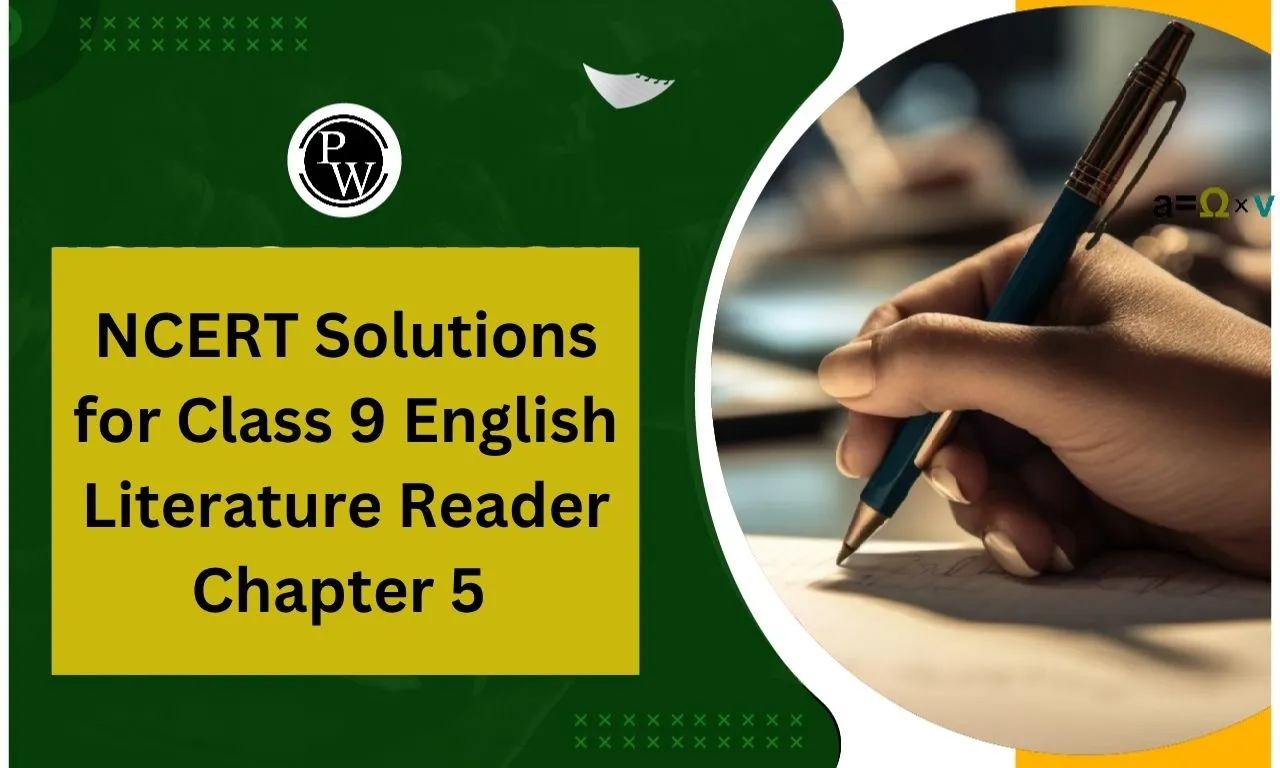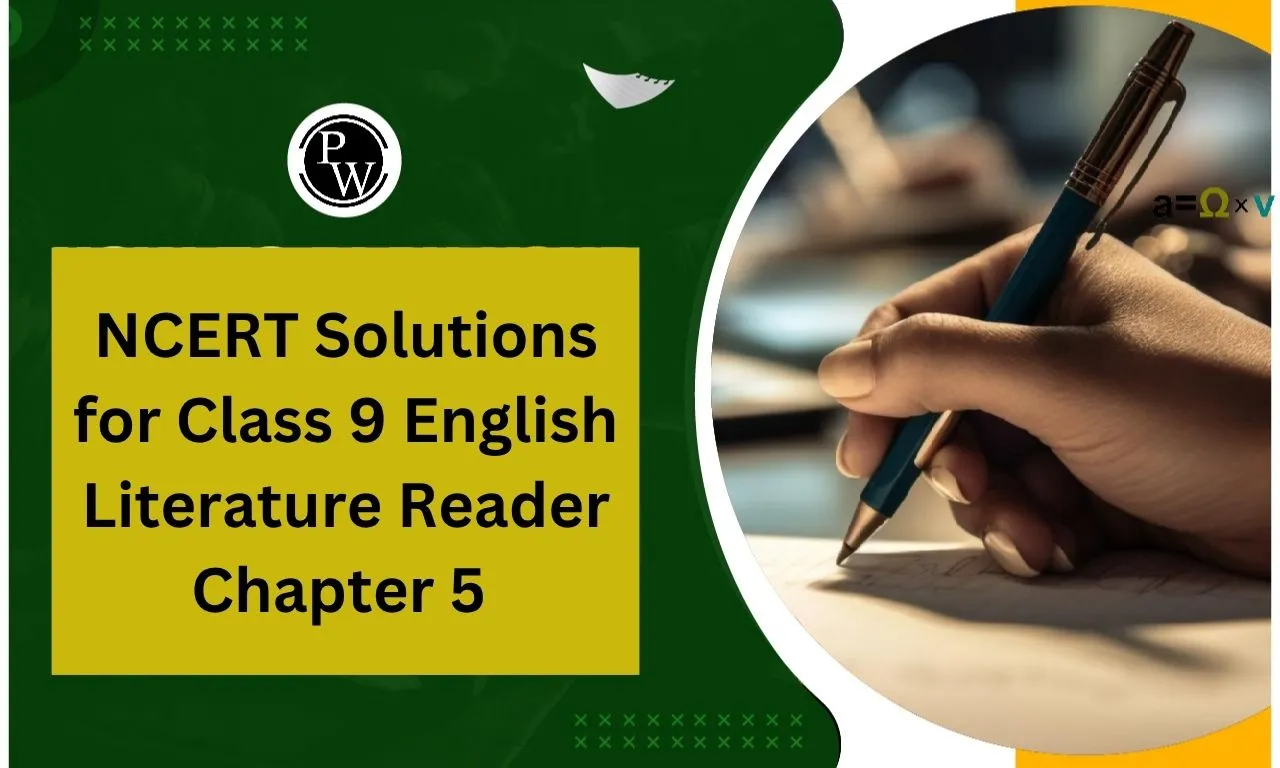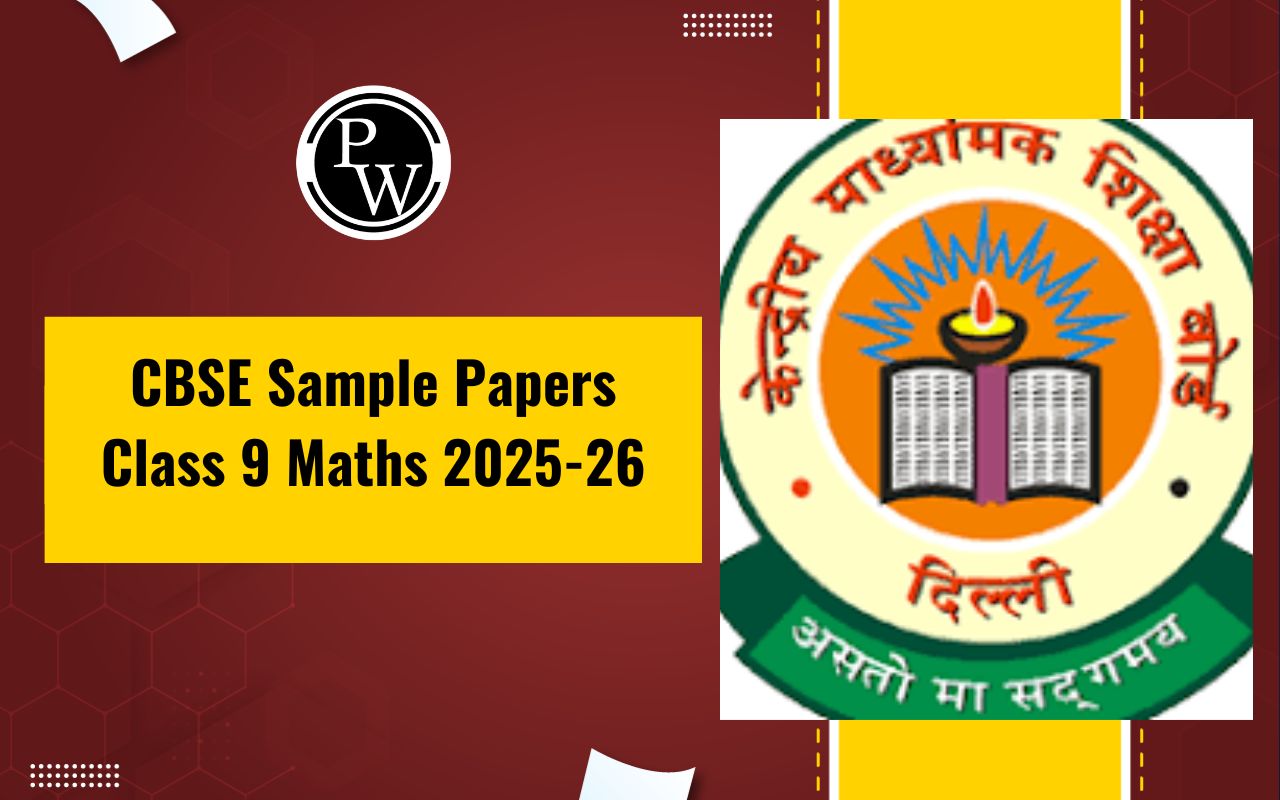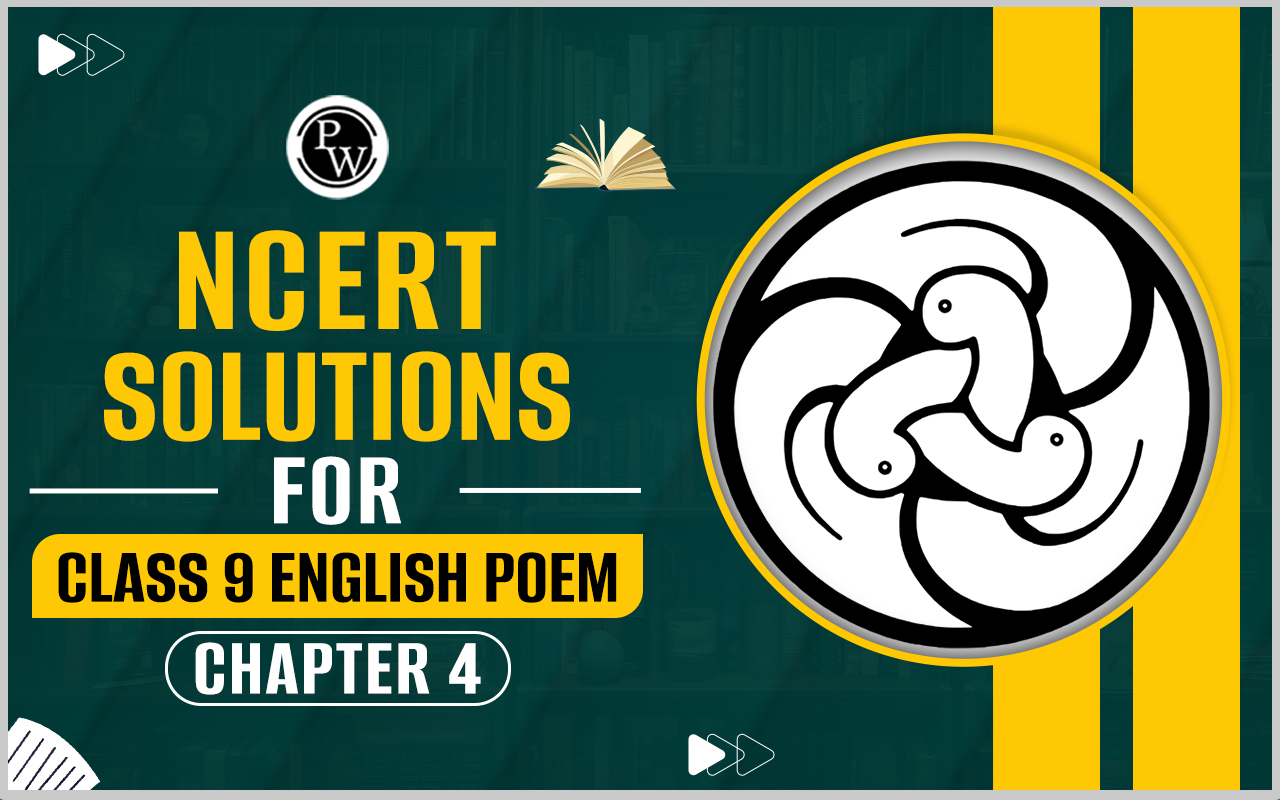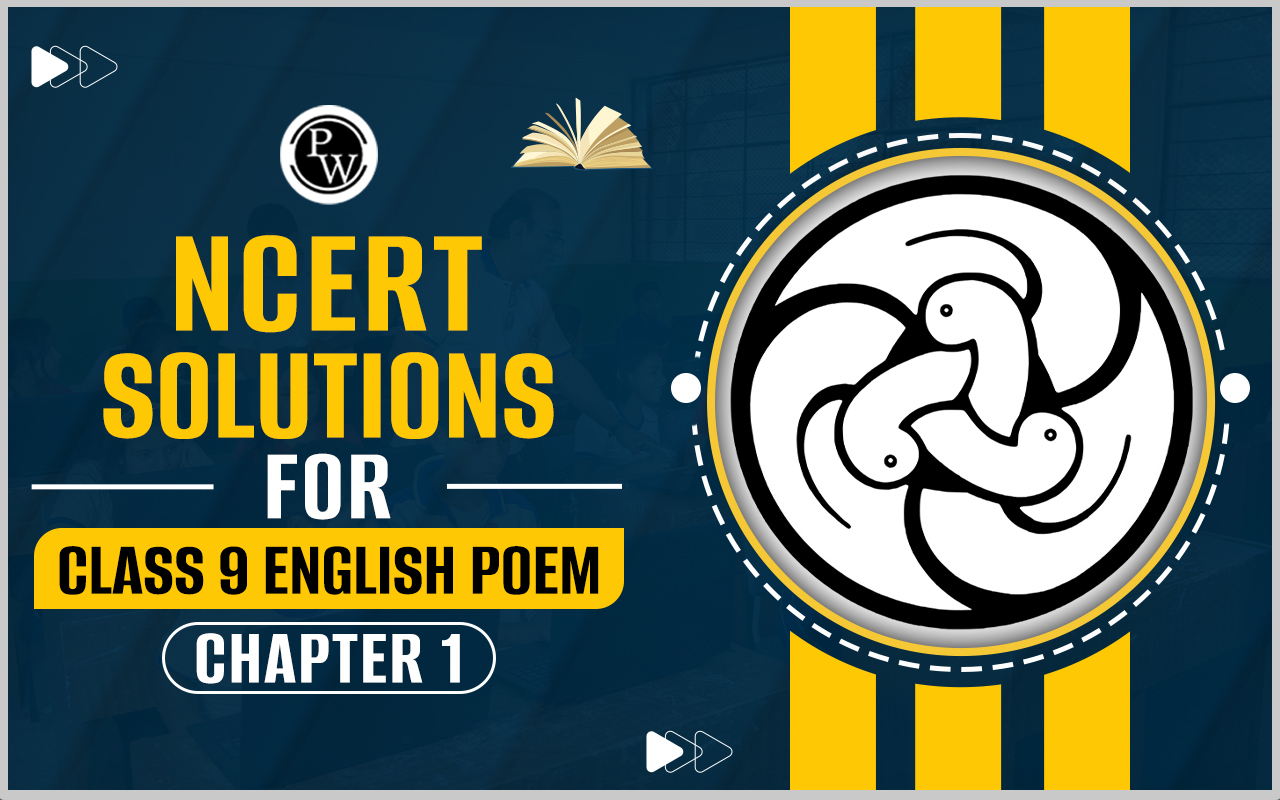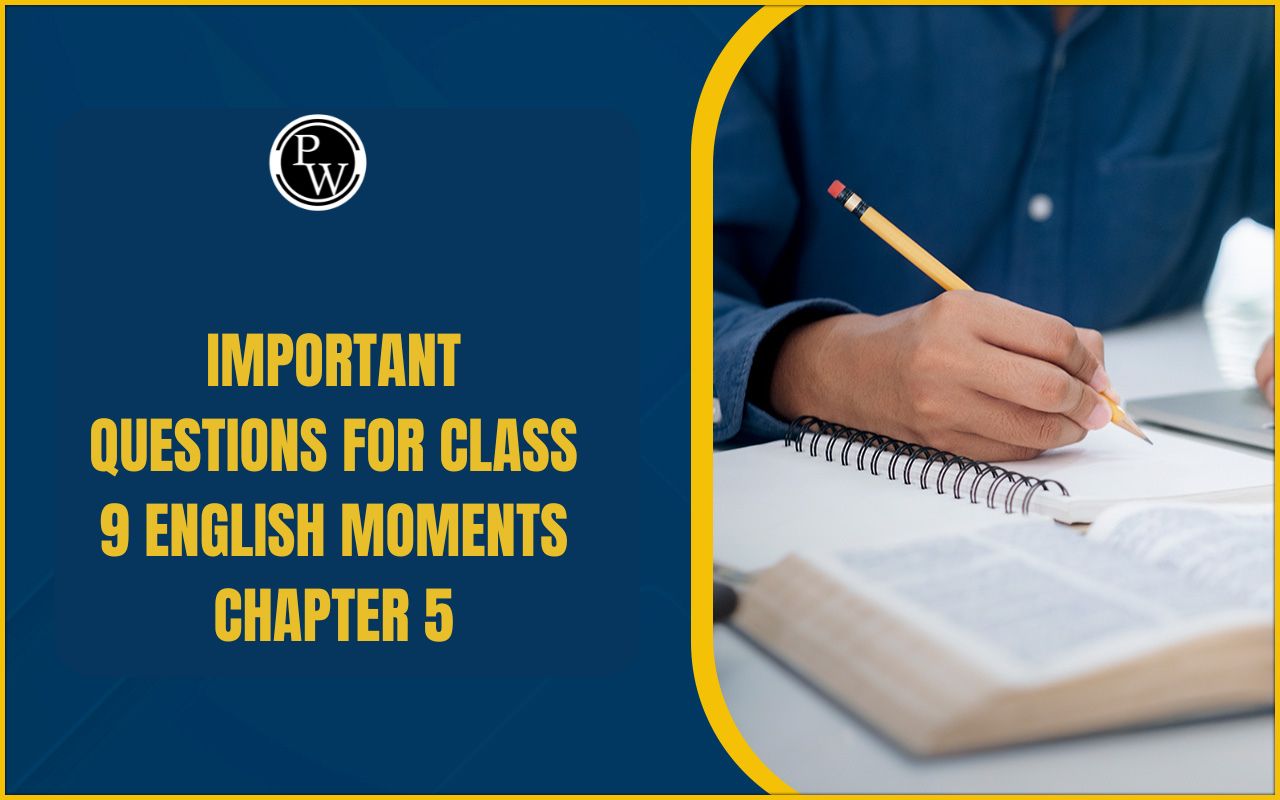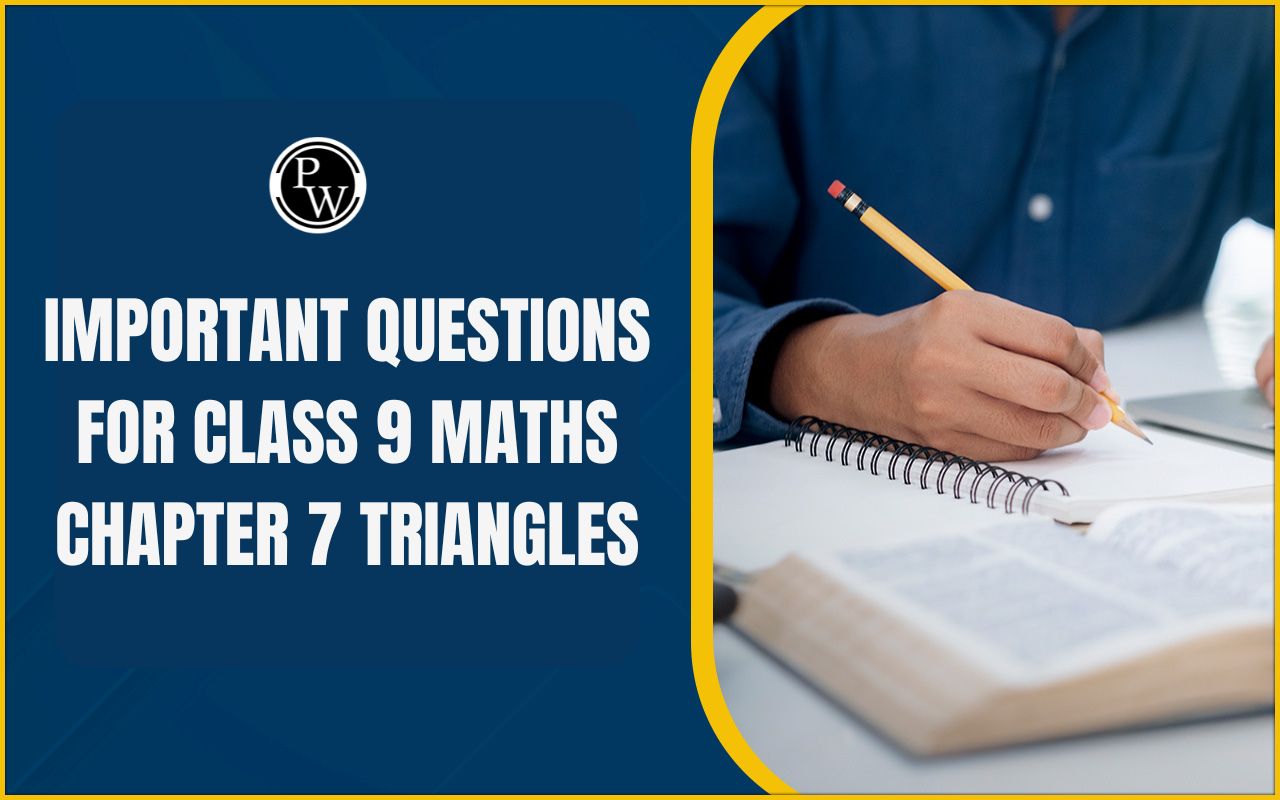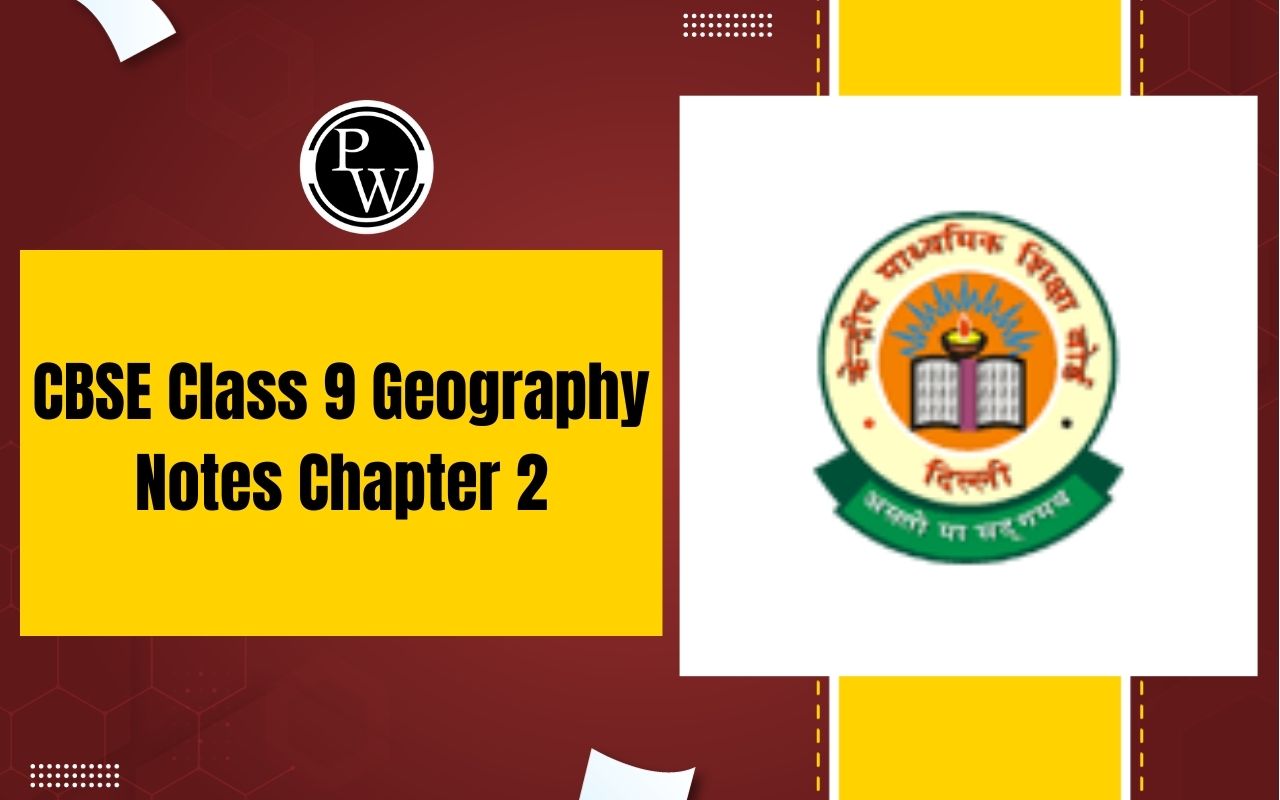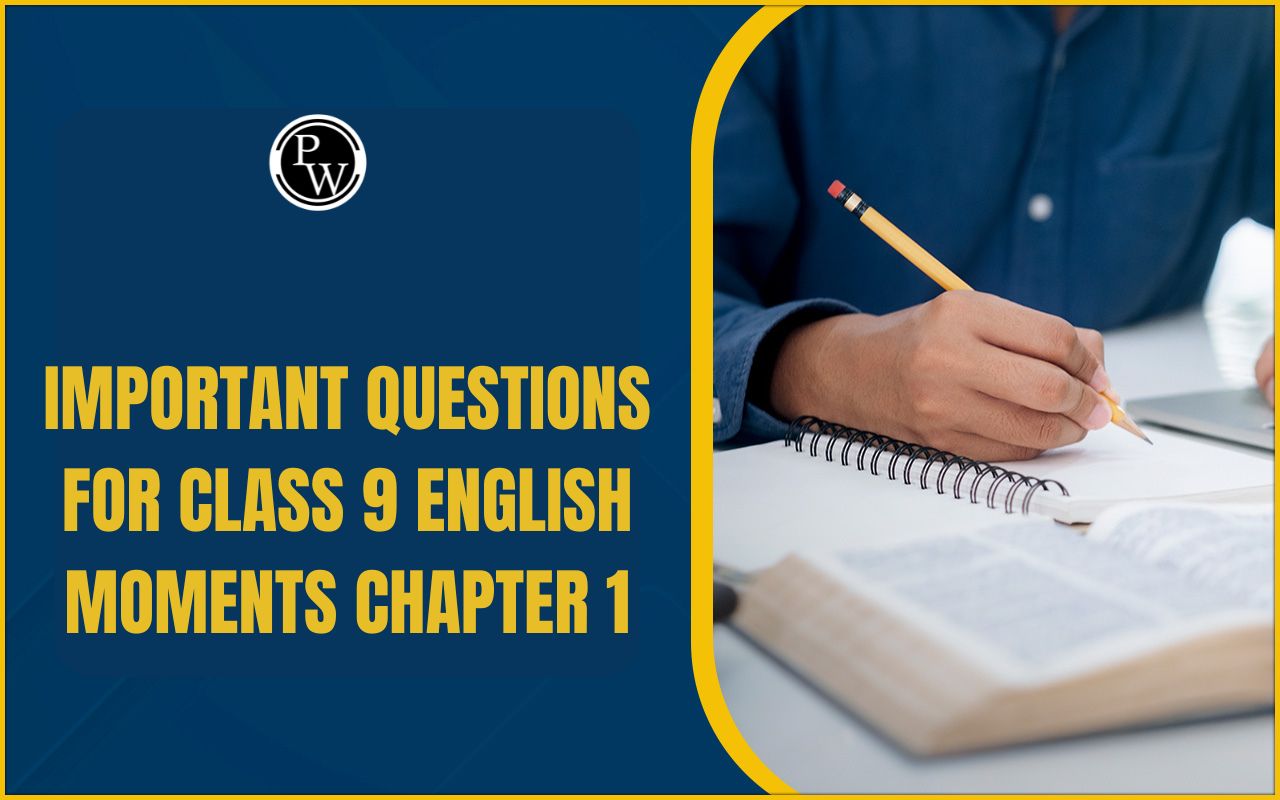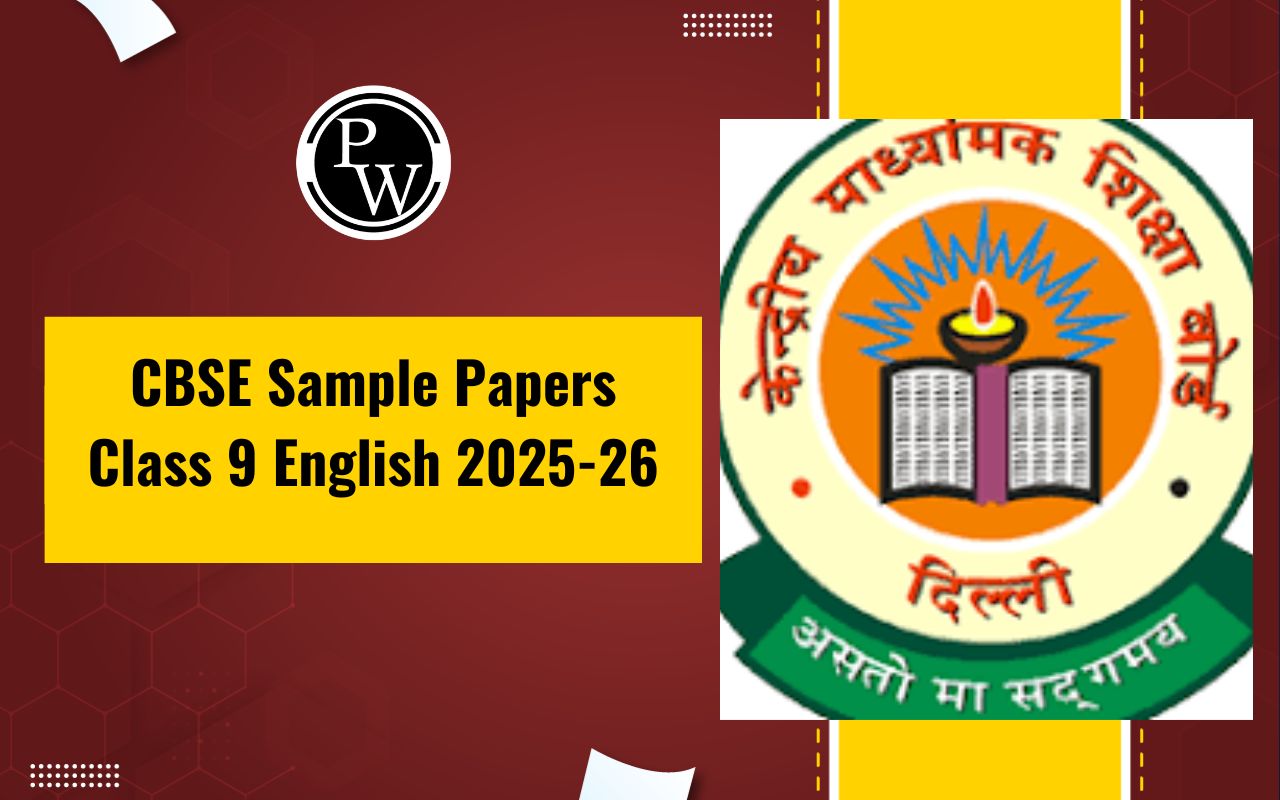The NCERT Solutions for Class 9 English Literature Reader Chapter 5 – "Best Seller" offer a comprehensive guide to understanding the story’s plot, characters, and theme. These solutions are aligned with the latest CBSE Class 9 English syllabus, ensuring students grasp key concepts relevant to the exam pattern. Each question is answered in a simple, structured manner, helping students improve their writing skills. Practicing these solutions alongside CBSE Class 9 English previous year papers boosts confidence and enhances exam readiness. The chapter is often included in test papers and literature assessments, making these NCERT solutions essential for effective preparation and scoring high marks in exams.
NCERT Solutions for Class 9 English Literature Reader Chapter 5 Best Seller
"Best Seller" by O. Henry is a humorous and ironic short story that explores the difference between romantic fiction and real-life experiences. The story revolves around a travelling salesman named John A. Pescud, who proudly believes in practicality and criticizes unrealistic romantic novels. However, in a twist of irony, he ends up living a story just like those he mocks—falling in love at first sight and going to great lengths to pursue a girl from a wealthy family.
Through witty narration and clever dialogue, the story highlights human contradictions and satirizes the gap between ideals and actual behavior.
NCERT Solutions for Class 9 English Literature Reader Chapter 5 Question Answer
Below are the NCERT Solutions for Class 9 English Literature Reader Chapter 5 – "Best Seller". These solutions cover all textbook questions with detailed and accurate answers to help students prepare effectively for exams. Based on the latest CBSE syllabus and exam pattern, these solutions are useful for revision and practice. Check below for complete answers.
1. Before you read the story write down the answers to these questions.
(These are subjective; sample answers are provided)
Which was the latest book that you read?
The latest book I read was "Wings of Fire".
Who was the author?
The author was Dr. A.P.J. Abdul Kalam.
Who were the main characters?
The main characters were Dr. Kalam, his family, and his mentors.
When did you read the book?
I read the book two months ago.
How long did you take to complete reading it?
It took me about 10 days to complete reading it.
What genre did it belong to?
It is an autobiography.
Why would/wouldn't you recommend it?
I would recommend it because it is inspiring and teaches values like hard work and dedication.
(a) The narrator says that John was "______ of the stuff that heroes are not often lucky enough to be made of." His tone is sarcastic because __________
(iii) John was not particularly good-looking.
(b) Pescud felt that best-sellers were not realistic as____________
(ii) men generally married girls from a similar background.
(c) "Bully", said Pescud brightening at once. He means to say that ____________
(iv) he was doing very well at his job.
(d) The narrator says that life has no geographical bounds implying that __________
(i) human beings are essentially the same everywhere.
4. Answer the following questions briefly.
(a) One day last summer the author was travelling to Pittsburgh by chair car. What does he say about his co-passengers?
The narrator describes the passengers as mostly ladies in brown-silk dresses who refused to open the windows and men who looked as if they were going anywhere for any kind of business. He found them unremarkable.
(b) Who was the passenger of chair No.9? What did he suddenly do?
The passenger was John A. Pescud. He suddenly threw his book, The Rose Lady and Trevelyan, on the floor, showing his disapproval of its content.
(c) What was John A. Pescud's opinion about best sellers? Why?
John thought best sellers were unrealistic and silly because they often showed American men falling in love with European princesses and doing heroic acts, which didn’t happen in real life.
(d) What does John say about himself since his last meeting with the author?
John says that business has been good, his salary increased, he bought real estate, and he was doing well financially. He was even going to be sold company stock.
(e) How did John's first meeting with Jessie's father go? What did the author tell him?
Initially, Jessie's father was skeptical and serious, but after John honestly narrated everything—how he followed Jessie and his intentions—he began to like John. They talked for two hours, and the Colonel was amused by John’s stories.
(f) Why did John get off at Coketown?
John got off at Coketown to find petunia flowers for his wife Jessie because she thought she saw some in the area during a train journey.
(g) John is a hypocrite. Do you agree with this statement? Substantiate your answer.
Yes, John is a hypocrite because he criticizes best-sellers for portraying unrealistic romantic adventures but ends up doing exactly that—following a girl he barely knew and eventually marrying her.
(h) Describe John A. Pescud with reference to the following points:
-
Physical appearance:
A small man with a wide smile and sharp, focused eyes. -
His philosophy on behaviour:
Believes in being decent and proper in one’s hometown and dislikes impractical fiction. -
His profession:
A travelling salesman for a plate-glass company. -
His first impression of his wife:
He found her to be the most attractive and graceful woman he had ever seen. -
His success:
John was successful at work, had received salary raises, commissions, and bought property. He even impressed and married into an aristocratic family.
5. Complete the flow chart in the correct sequence as it happens in the story.
-
Pescud sees a girl (Jessie) reading a book in the train.
-
Pescud instantly gets attracted to the girl (Jessie).
-
Jessie takes a sleeper to Louisville.
-
Pescud follows her but finds it difficult to keep up.
-
Jessie arrives at Virginia.
-
Pescud goes to the village to find out about the mansion.
-
Pescud speaks to the girl (Jessie) for the first time.
-
Jessie informs Pescud that her father would not approve of them meeting.
-
Pescud meets Jessie's father.
-
They meet alone two days later.
-
They get married a year later.6. Irony refers to the use of words to convey a meaning that is the opposite of their literal meaning. Bring out the irony in the following:
a) The title of the story, "The Bestseller".
Ironically, the story mocks the unrealistic themes of best-selling novels while narrating a plot that mirrors those very themes.
b) Pescud's claim: "When people in real life marry, they generally hunt up somebody in their own station..."
Ironically, Pescud himself falls in love with and marries a woman from a much higher social class, contradicting his own beliefs.
c) The name Trevelyan.
Trevelyan is a grand name for a fictional hero, and Pescud mocks it, but ends up playing a Trevelyan-like role in his own real-life romance.
7. Newspaper Article: A Modern Romance
A Modern Romance: From Plate-Glass to Petunias
By Staff Reporter
In a heartwarming twist that rivals the most dramatic best-sellers, John A. Pescud, a travelling salesman from Pittsburgh, recently tied the knot with Jessie Allyn, daughter of Colonel Allyn, one of Virginia's oldest aristocratic families. What started as a chance glance on a train turned into a determined pursuit across towns. Though Pescud once criticized romantic novels for being unrealistic, his own journey mirrors them closely. Winning the heart of both the lady and her father, he now enjoys a peaceful life in East End with Jessie and the Colonel, even fetching petunias to recreate a memory from her past.
Benefits of Using NCERT Solutions for Class 9 English Literature Reader Chapter 5 Best Seller
Here are the benefits of using NCERT Solutions for Class 9 English Literature Reader Chapter 5 – "Best Seller":
-
Clear Explanation of Irony: Helps students understand the irony in the title and character behavior, a key literary element in this story.
-
Character Analysis Made Easy: Offers detailed insights into John A. Pescud's personality, actions, and transformation.
-
Better Exam Preparation: Provides accurate answers to all textbook questions in a format likely to appear in CBSE exams.
-
Simplifies Story Themes: Breaks down complex ideas like realism vs. romanticism in easy language.
-
Encourages Critical Thinking: Encourages students to analyze whether John is a hypocrite or a romantic.
-
Useful for Quick Revision: Ideal for last-minute revisions with point-wise, structured answers.
-
Increases Confidence: Helps students write better answers with improved clarity and vocabulary.
